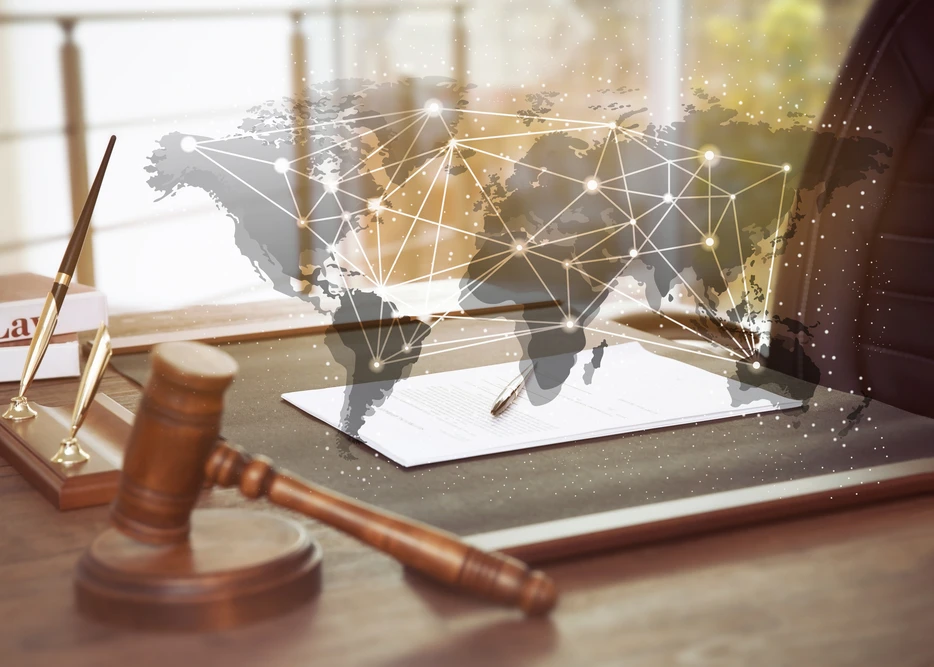Legal Challenges of International Commercial Arbitration and Ways to Overcome Them
Introduction
International commercial arbitration has become the preferred method for resolving cross-border commercial disputes due to its flexibility compared to traditional judicial systems. Arbitration is characterized by its speed, confidentiality, and the ability to select appropriate laws and procedures suited to the nature of the dispute, making it an effective tool for settling international conflicts. However, international commercial arbitration faces several legal challenges that may hinder the achievement of justice and efficiency. This article explores the most significant of these challenges and discusses possible ways to address them.
Legal Challenges of International Commercial Arbitration
1-Divergence in Legal and Legislative Systems
Many disputes arise due to the significant differences between legal systems in various countries. This can complicate the choice of applicable law, especially if it is not clearly specified in the arbitration agreement.
2-Enforcement and Compliance with Arbitral Awards
Although the New York Convention of 1958 aims to facilitate the recognition and enforcement of arbitral awards, some countries may refuse enforcement due to local legal reasons, such as violations of public policy or lack of transparency.
3-High Costs
While arbitration may be less costly than litigation in some cases, it can become very expensive in large international disputes, particularly when choosing highly experienced arbitrators and renowned arbitration centers.
4-Issues of Impartiality and Neutrality
Concerns about the impartiality of some arbitrators or arbitration centers may arise, especially in cases where there is an unclear or influential relationship between the arbitrator and one of the parties.
5-Procedural Challenges
Disputes may arise over procedural rules, such as deadlines for submitting documents or managing hearing sessions, potentially delaying the arbitration process.
Ways to Overcome the Challenges
1-Selecting Qualified and Neutral Arbitrators
It is essential to select arbitrators with expertise and independence, ensuring they are free from any potential conflicts of interest to maintain impartiality and fairness.
2-Drafting Clear Arbitration Agreements
Arbitration agreements should be comprehensive and clear, specifying the applicable law, arbitration venue, language, and procedural rules.
3-Enhancing International Cooperation
Enforcement of arbitral awards can be improved by expanding adherence to international agreements like the New York Convention and reducing exceptions that allow for refusal of enforcement.
4-Controlling Costs
Costs can be managed by setting caps on arbitrators' fees and choosing arbitration centers that offer competitive services.
5-Utilizing Technology
Technology can expedite arbitration procedures, such as by holding virtual sessions and using electronic tools for document exchange.
Conclusion
Despite the legal challenges facing international commercial arbitration, it remains one of the fundamental tools for resolving international commercial disputes. By adopting clear and well-planned strategies, these challenges can be overcome to achieve justice and efficiency. Strengthening international cooperation and developing national legislations in line with international arbitration standards will help solidify arbitration's role as an effective and fair means of dispute resolution.


Comments : 0